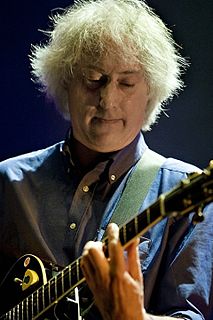A Quote by Friedrich Nietzsche
Art is essentially the affirmation, the blessing, and the deification of existence.
Quote Topics
Related Quotes
Remember from this very moment: always choose that which is good for you and good for others. Choose creativity. Become a blessing to existence, because that is the only way that we can persuade God to become a blessing to us. That's the only true prayer: becoming a blessing to everyone - to people, to animals, to trees, to life in all its forms. If one remains consciously alert, slowly slowly the art is learned; slowly slowly it becomes just natural.
When I see that the nineteenth century has crowned the idolatry of Art with the deification of Love, so that every poet is supposed to have pierced to the holy of holies when he has announced that Love is the Supreme, or the Enough, or the All, I feel that Art was safer in the hands of the most fanatical of Cromwell's major generals than it will be if ever it gets into mine.
You have to take the responsibility totally, that it is you who decides either to be in misery or to be in blessing. If you want misery, have more desires. If you want a blissfulness, then learn the art - even for few moments - of being desireless, and you will be surprised. Even for a few moments, if you are desireless, all anguish, all anxiety disappears. And you are so contented, so fulfilled, that you cannot ask for more. Your blessing is so much that you can only say that you bless the whole existence. Still it will be there. It is so much; it is overflowing.
Theology recognizes the contingency of human existence only to derive it from a necessary being, that is, to remove it. Theology makes use of philosophical wonder only for the purpose of motivating an affirmation which ends it. Philosophy, on the other hand, arouses us to what is problematic in our own existence and in that of the world, to such a point that we shall never be cured of searching for a solution.
Math . . . music .. . starry nights . . . These are secular ways of achieving transcendence, of feeling lifted into a grand perspective. It's a sense of being awed by existence that almost obliterates the self. Religious people think of it as an essentially religious experience but it's not. It's an essentially human experience.
Of course, even the general designation 'religious' includes various basic ideas or convictions, for example, the indestructibility of the soul, the eternity of its existence, the existence of a higher being, etc. But all these ideas, regardless of how convincing they may be for the individual, are submitted to the critical examination of this individual and hence to a fluctuating affirmation or negation until emotional divination or knowledge assumes the binding force of apodictic faith.







































